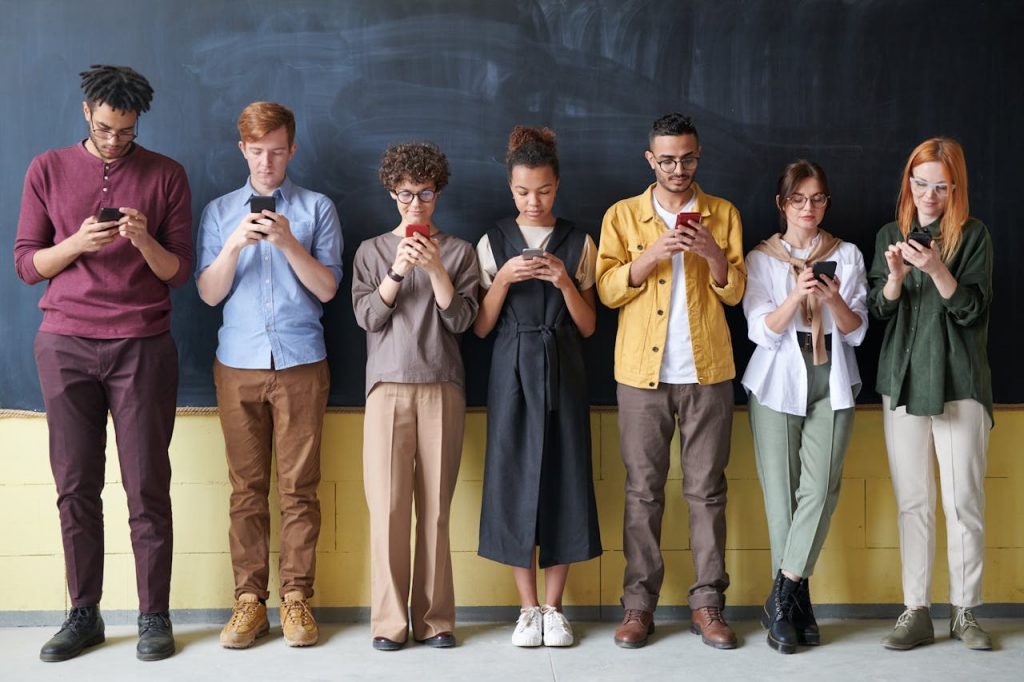Laurie Michel, a specialist in digital well-being, addresses major questions about preserving mental health related to our digital usage in a monthly podcast produced in partnership with Isarta. Here are her tips from her last three episodes.
- Limit Your Digital Accessibility
With the web, the number of people who can reach you is multiplied. Social media, emails, phone calls… How can you avoid being buried under the weight of these multiple solicitations?
In this episode on digital accessibility, Laurie Michel reminds us that we all have a limited capacity in terms of attention, energy, or social interaction.
“A message is not just a message,” she explains. “You need to create boundaries to protect yourself. You have the right not to respond to all your messages!”
Her key advice? Prioritization. To stay focused on your goals, you should not necessarily give your energy to the person who wrote to you first or sends you the most messages.
“Just because it’s urgent for someone else doesn’t mean it’s urgent for you,” she reassures.
Her second piece of advice: limit the number of people who have direct access to you to prioritize the quality of interactions. This point naturally raises the question of tools. The idea here is to establish rules and not encourage behaviors that could become intrusive.
For example, giving your phone number directly on social media sends the message that anyone can write to you that way. It’s better to organize your communication channels hierarchically via, for example, a contact form, an email, and then a phone number.
You can even program automatic messages on social media to indicate how to reach you.
Finally, learn to politely decline. The person should not be offended as you do not have to justify your unavailability. “Just because you are accessible doesn’t mean you can’t say no!” she concludes.
- Reduce Notifications
In this episode, Laurie Michel tackles the issue of notifications, those little alerts that can pop up 30 to 60 times a day on your phone screen.
They are very addictive because the brain associates them with rewards and releases dopamine each time they appear. The problem is that studies show they reduce attention. Checking a notification has the same effect on attention as looking at your phone.
Laurie talks about reducing notifications rather than completely eliminating them.
“The absence of notifications can indeed increase our stress and the fear of missing out (the FOMO syndrome). Studies have shown that people may even check their phones more often when they remove notifications to ensure they don’t miss any news,” she says.
Her advice? Regularly clean up your apps. Gradually reduce notifications, starting by removing marketing notifications and keeping only those for communication with other people.
- Truly Recharge During Vacation
The final tip shared in episode 50, which can be perfectly applied during the upcoming summer period, is vacation management.
For Laurie Michel, rest is both powerful and essential and, contrary to popular belief, can accelerate your progress rather than slow it down.
How to recharge during your vacation? Laurie has tried three solutions:
- Digital disconnection by putting her phone in airplane mode and only using it for photos or GPS. The result? A sense of calm and serenity.
- Stop looking at the time: to live in the present moment, based on what her body (and the weather) decided. Especially since checking the time on a smartphone can invite digital consumption.
- Stop thinking about work: by going offline… and clearly indicating it on social media.
Precious tips to better live with your digital tools!




